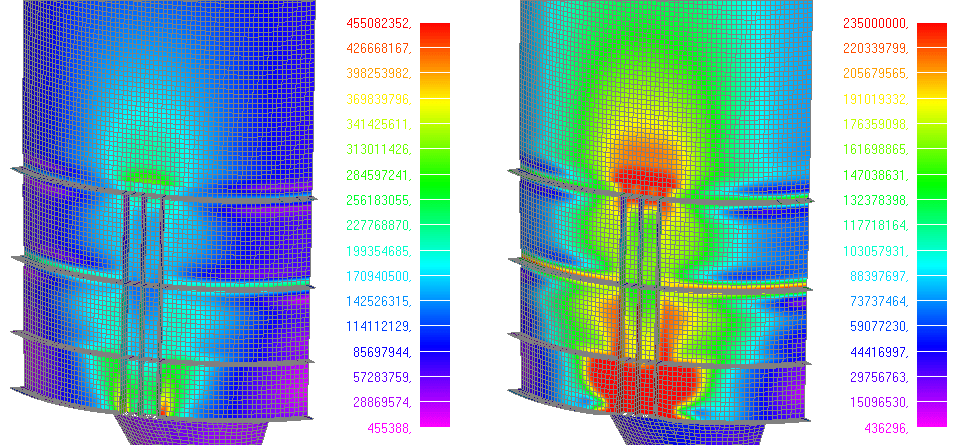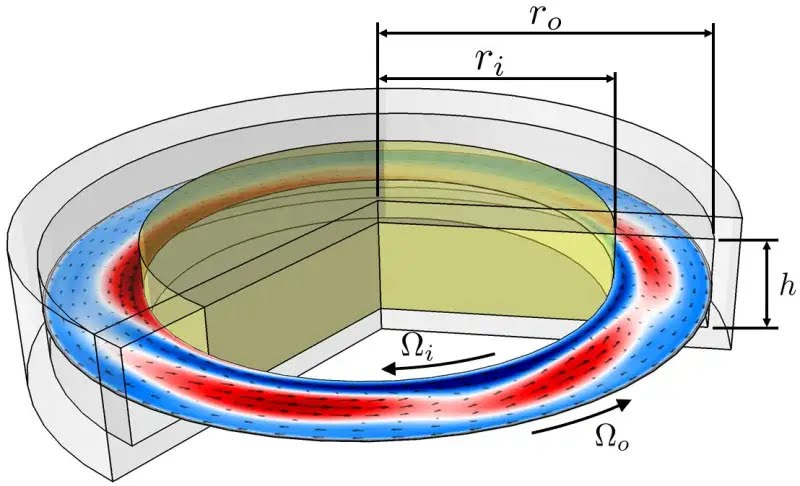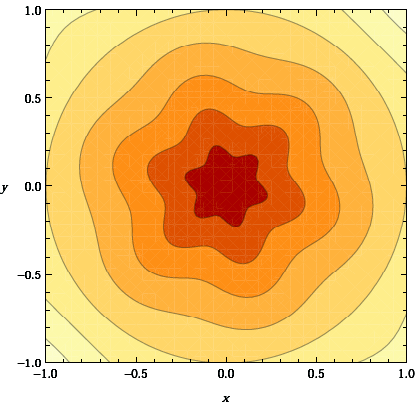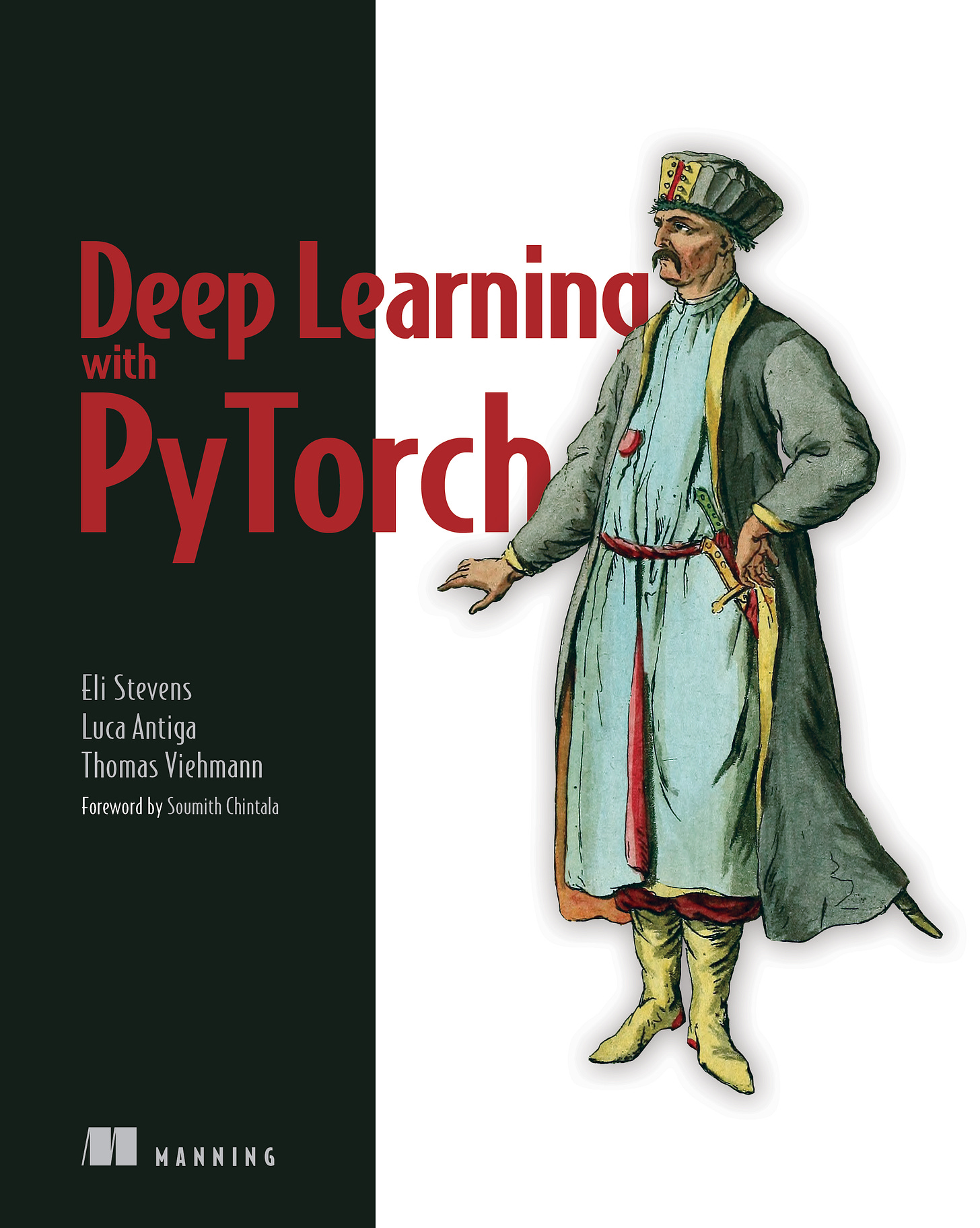PINNs in MATLAB, Free MIT FEM Lectures, A New Turbulence Framework
🧠 “I have not failed, but found 1000 ways to not make a light bulb.” – Thomas Edison
💻 Live Coding - Physics-Informed Neural Networks with MATLAB
In this introductory workshop and live coding session, we will cover the basic definition of a PINN, its pros and cons compared to traditional scientific techniques, and some state-of-the-art research in the field.
Learn how to define and train physics-informed neural networks in MATLAB, including:
How to define loss functions, including differential equations
How to combine equation losses, boundary, initial conditions & supervised losses
How to write neural network training loops in MATLAB
How to define neural network architectures
MIT | Finite Element Procedures for Solids and Structures, Linear Analysis
Finite element analysis is now widely used for solving complex static and dynamic problems encountered in engineering and the sciences. In these two video courses, Professor K. J. Bathe, a researcher of world renown in the field of finite element analysis, teaches the basic principles used for effective finite element analysis, describes the general assumptions, and discusses the implementation of finite element procedures for linear and nonlinear analyses.
These videos were produced in 1982 and 1986 by the MIT Center for Advanced Engineering Study.
🏎 What is an Aero Map?
A map is a way of visualising the relationship between different parameters. For example, a geographical map can show altitude as a function of longitude and latitude. In the case of a racecar the aerodynamic lift, drag and balance can be shown as a function of car set-up such as front and rear ride height or rear wing angle. So, an aero map effectively visualises the relationship between the geometrical properties and the aerodynamic properties of a racecar.
💻 FEM - Material & Geometric Nonlinearity
The blog post by my friend Lukasz Skotny highlights the significance of nonlinear analysis in engineering practice, especially when facing intricate problems beyond simple linear calculations. Nonlinear analysis becomes essential when dealing with high stresses, plasticity, or changes in geometry.
🎙️ Physicists Uncover New Dynamical Framework for Turbulence
Physicists from Georgia Institute of Technology have discovered that turbulence can be understood and quantified using a small set of special solutions to fluid dynamics equations. This finding challenges the traditional view of turbulence as a random process and opens new possibilities for predicting and controlling turbulent flows. The research was published in Proceedings of the National Academy of Sciences on August 19, 2022.
💻 Engineering Tool of the Week – deal.II — An Open Source Finite Element Library
deal.II is a C++ program library targeted at the computational solution of partial differential equations using adaptive finite elements. It uses state-of-the-art programming techniques to offer you a modern interface to the complex data structures and algorithms required.
📚Book of the Week
Deep Learning with PyTorch (My Favorite PyTorch Resource)
Deep Learning with PyTorch teaches you to create neural networks and deep learning systems with PyTorch. This practical book quickly gets you to work building a real-world example from scratch: a tumor image classifier. Along the way, it covers best practices for the entire DL pipeline, including the PyTorch Tensor API, loading data in Python, monitoring training, and visualizing results. After covering the basics, the book will take you on a journey through larger projects. The centerpiece of the book is a neural network designed for cancer detection. You'll discover ways for training networks with limited inputs and start processing data to get some results. You'll sift through the unreliable initial results and focus on how to diagnose and fix the problems in your neural network. Finally, you'll look at ways to improve your results by training with augmented data, make improvements to the model architecture, and perform other fine tuning.
❤️ Support the Blog & Newsletter
Let’s connect on Twitter or Instagram or LinkedIn!
For any business-related issues or collaborations, feel free to email me at support@jousefmurad.com!
Keep engineering your mind! 🧠
Jousef








